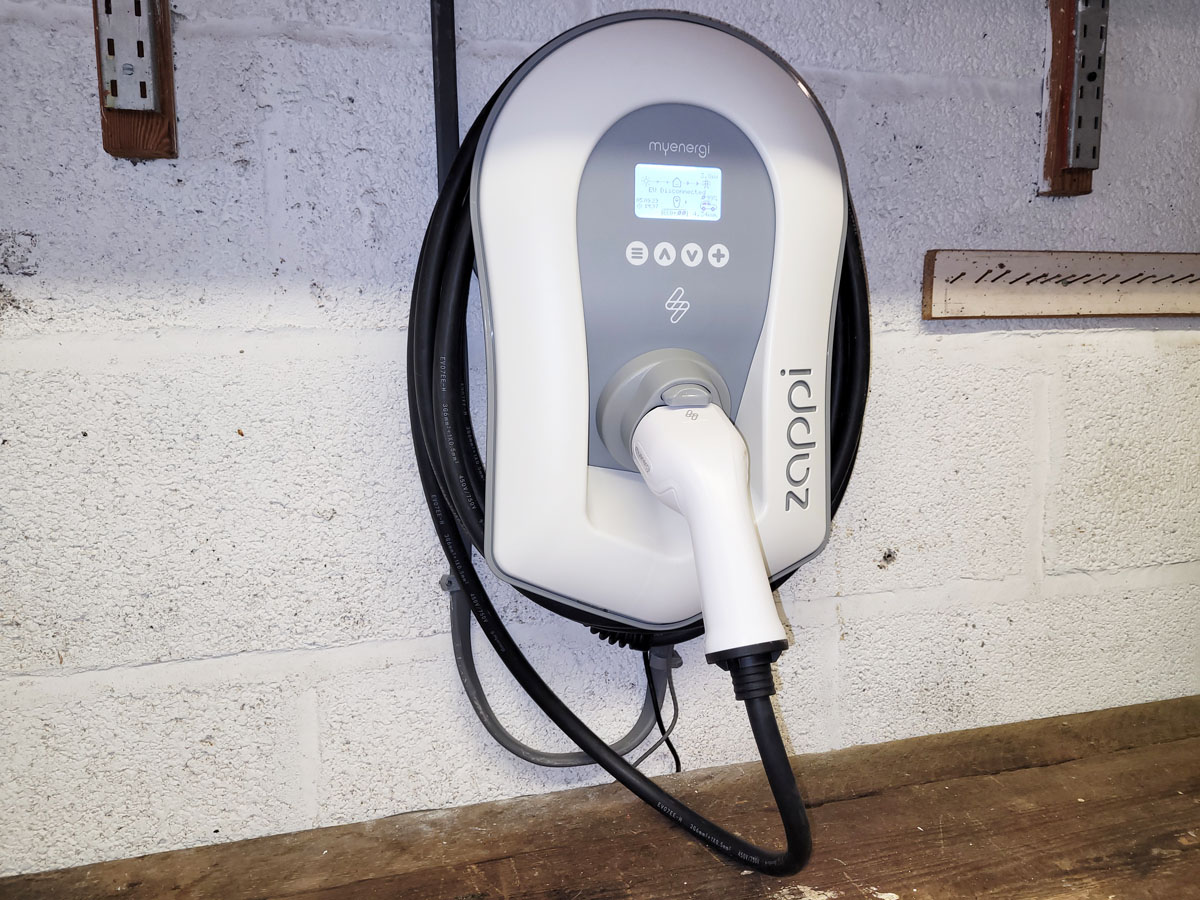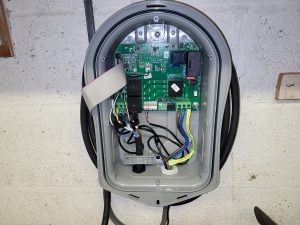From the bottom of Max Berman’s garden in High Wycombe, he can see the M40 motorway, with cars shooting between London and Birmingham up one of England’s great asphalt veins. On some days, Berman says, he can see the diesel fumes suspended in the air.
It was this awareness of pollution that led Berman, a 50-year-old working in the film industry, to switch to an electric vehicle (EV) in 2019. He found a pre-owned Volkswagon e-up! for £6,500 on eBay. Now Berman’s car is one of more than 940,000 fully electric vehicles on UK roads, according to government data.
Most electric cars are already cheaper over the long term than petrol or diesel, according to research organisation Bloomberg New Energy Finance, and the UK government’s Climate Change Committee said in October that EVs “will be significantly cheaper than petrol and diesel vehicles to own and operate over their lifetimes”.
That means Berman’s EV switch is one that many households are considering. And from 1 January, carmakers must ensure at least 22% of new UK cars sold are fully electric, which raises incrementally to an eventual 100% by 2035.
But there are drawbacks. There are 52,602 public charging points for EVs in the UK, government figures show, up by 44% on last year, but still well below the 2030 target of 300,000 public stations.
Read more: TheGuardian






